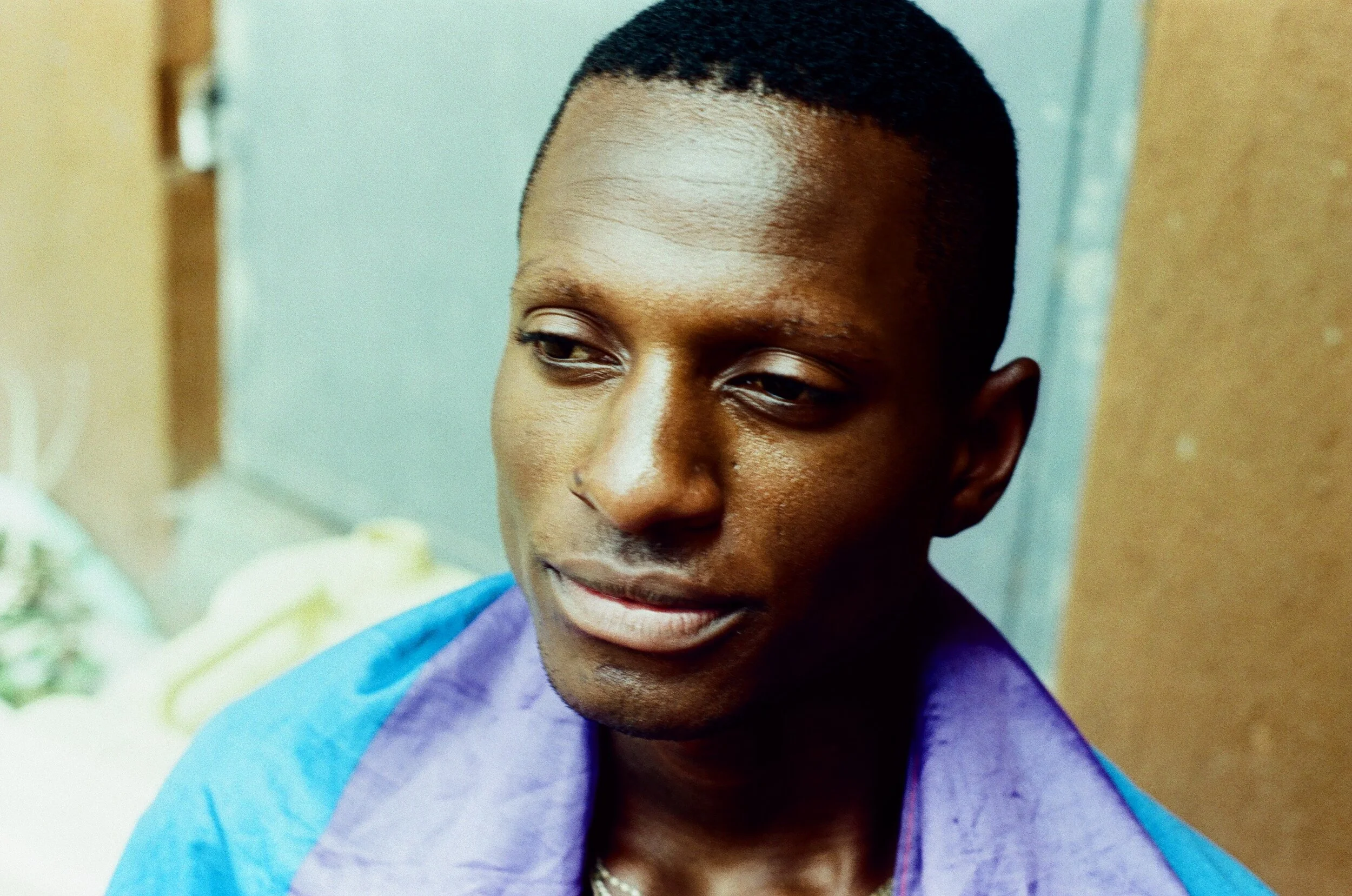Last week leaders from across the world descended on London for the biennial Commonwealth Heads of Government Meeting (CHOGM). The summit provides Commonwealth leaders with a chance to engage in frank dialogue, setting the course for future Commonwealth initiatives and to ensure cooperation to overcome common challenges.
Initiatives discussed over the week were thought to include how best to mobilise young people in civil society, how to encourage more women into business and securing the best trade deals post Brexit. Furthermore, climate change rose to the top of the agenda following the announcement that the UK would pledge an extra £8 million for climate action and mitigation projects around the world.
However, one discussion topic left off the formal agenda is tackling the level of social exclusion of lesbian, gay, bisexual, transgender and intersex (LGBTI) individuals across the Commonwealth. The total number for this group is difficult to estimate, but thought to be in the hundreds of millions at the very least. All member states have confirmed their support to the Human Rights principles of the Commonwealth Charter yet 90% of Commonwealth citizens live in states where consensual same-sex activity is criminalised – 36 countries still maintain archaic anti-sodomy laws following their independence from Britain. LGBTI individuals living in these countries face extreme levels of violence; have no legal protection against discrimination in employment, housing or healthcare and could face a possible death or life sentence in prison. Furthermore, this social exclusion, as one would expect, can have serious physical and physiological implications.
Mounting pressure from campaigning and lobbying groups led to Theresa May, the Prime Minister of the United Kingdom, to state regret for the UK’s involvement in introducing such laws at a dedicated side event, and she has since offered support for those that wish to reform. While reform is up to each member state to implement, this apology, could help to trigger more efforts to pursue real change within the Commonwealth. Progress in building systems and societies that are more inclusive across the Commonwealth, could reap many benefits, not least in spurring economic growth, but also in the ability of countries to leave no one behind in their pursuit of the Sustainable Development Goals (SDGs).
However, we should be under no illusion that this will quickly resolved. In our new report ‘A Global Outlook on LGBTI Social Exclusion through 2030’, we conclude that progress will be slow going and is unlikely to manifest in real change in the lived experience of LGBTI individuals unless there is significant institutional support and structural changes are implemented legally, culturally and socially. The resolution of this global protracted humanitarian crisis requires all humanitarian organisations to work more collaboratively to mainstream LGBTI inclusive dimensions in their work and pursue systemic change by tacking the drivers of social exclusion over the long-term. Only then can we ensure that LGBTI individuals do not continue to be left behind on the global agenda.
Read More: A Global Outlook on LGBTI Social Exclusion through 2030

